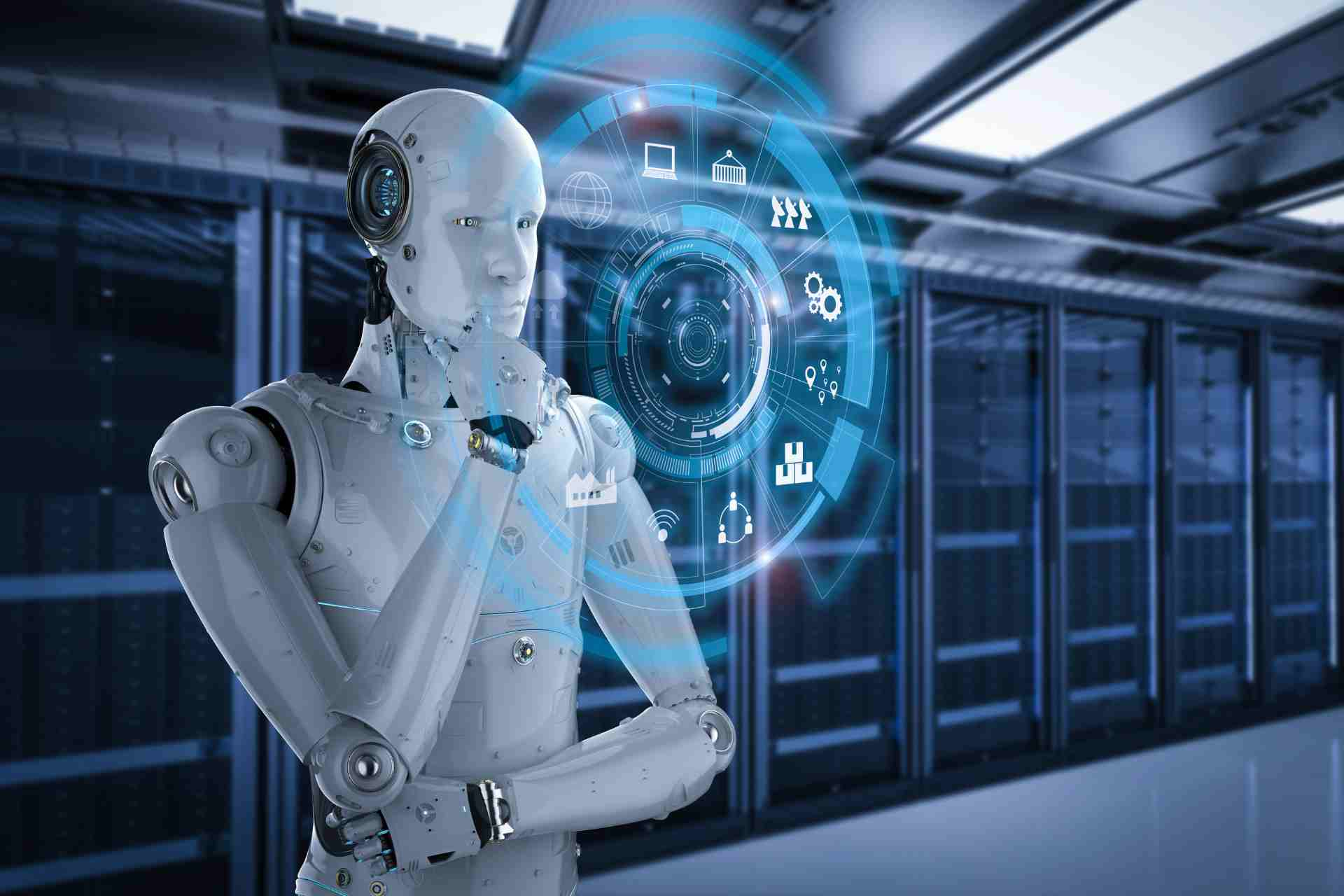Man versus Machines in CFD Trading
Algorithmic trading has grown rapidly in recent years, fuelled by the availability of knowledge and access to ever more powerful computing powers. It is estimated that up to 75% of trading volume in the U.S. CFD market is driven by machines.
Algorithmic trading leverages on a significant amount of data coupled with machine learning, sub-second technical analysis parsing and trading logic to execute trading decisions all within a second usually. Due to the substantial requirements, the domain of algo trading has, in the past, been confined to institutions and hedge funds.
But, no longer. CFD trading bot platforms are emerging that aim to disrupt the exclusive algo trading club. Platforms such as CFDHero.com allow retail traders to implement trading strategies easily via a few clicks.
With the speed, accuracy and intelligence that algorithmic trading offers, it is no wonder that successful traders often rely on CFD trading bots to help them in their trades.
There are several reasons why humans may fail to outperform algorithmic software in trading:
Speed
Algorithmic software can process and analyze vast amounts of data and execute trades much faster than humans can. This allows algorithmic traders to take advantage of small price movements and react to market changes more quickly than human traders.
Consistency
Humans are prone to emotions and cognitive biases, which can affect their decision-making and lead to inconsistent trading results. Algorithmic trading systems, on the other hand, are designed to follow a specific set of rules and can execute trades based on predefined criteria consistently.
Scalability
Algorithmic trading systems can be easily scaled up to handle larger volumes of trades and cover more securities, while human traders are limited by their capacity to process and analyze information.
Lower costs
Algorithmic trading systems can operate with lower costs than human traders because they do not require salaries, bonuses, or other compensation. Additionally, algorithmic traders can often take advantage of lower transaction fees and better execution prices due to their high trading volume.
Elimination of human error
Algorithmic trading systems are not subject to the same types of errors that human traders are prone to, such as typing errors or misinterpreting data.
In summary, algorithmic trading has become increasingly prevalent in recent years due to its ability to analyze large amounts of data, react quickly to market changes, and operate with lower costs than human traders. While human traders may still have an advantage in certain areas, such as understanding market sentiment and identifying long-term trends, the benefits of algorithmic trading are difficult to ignore.
